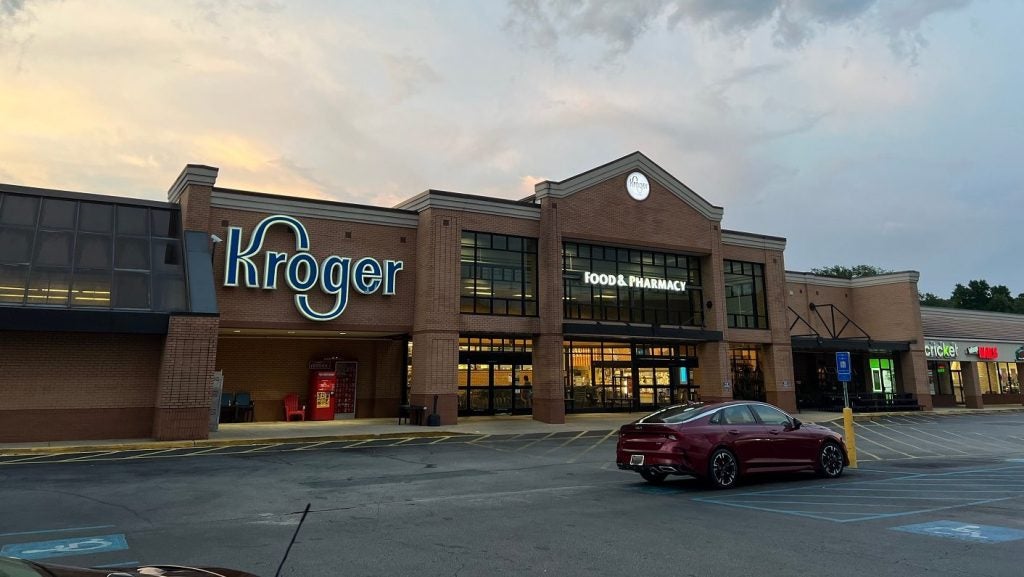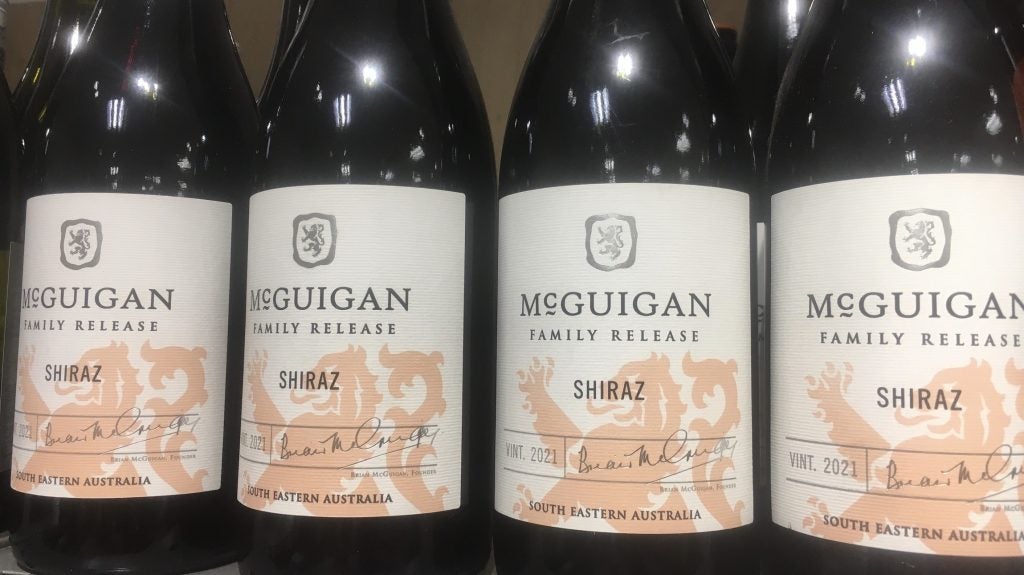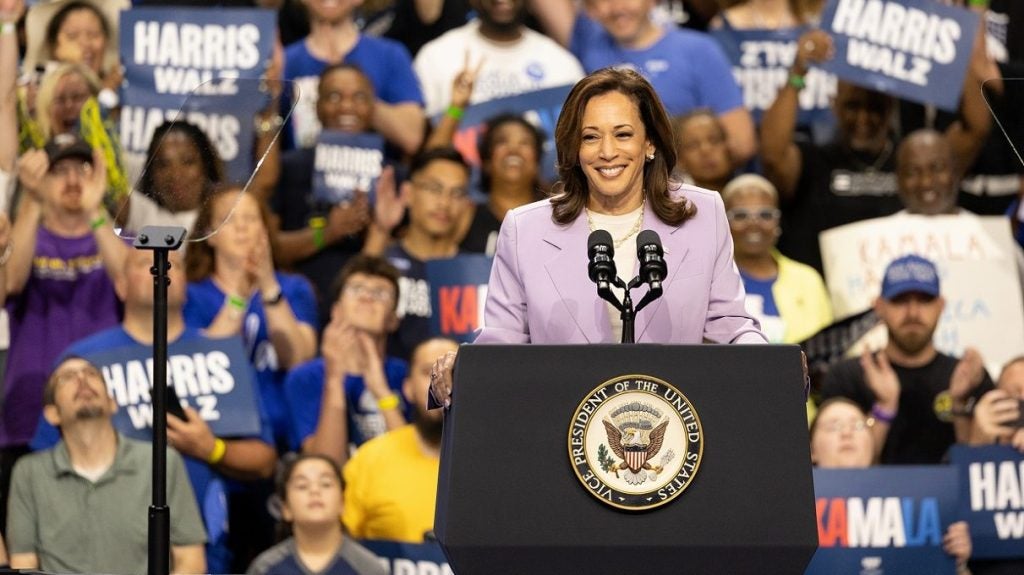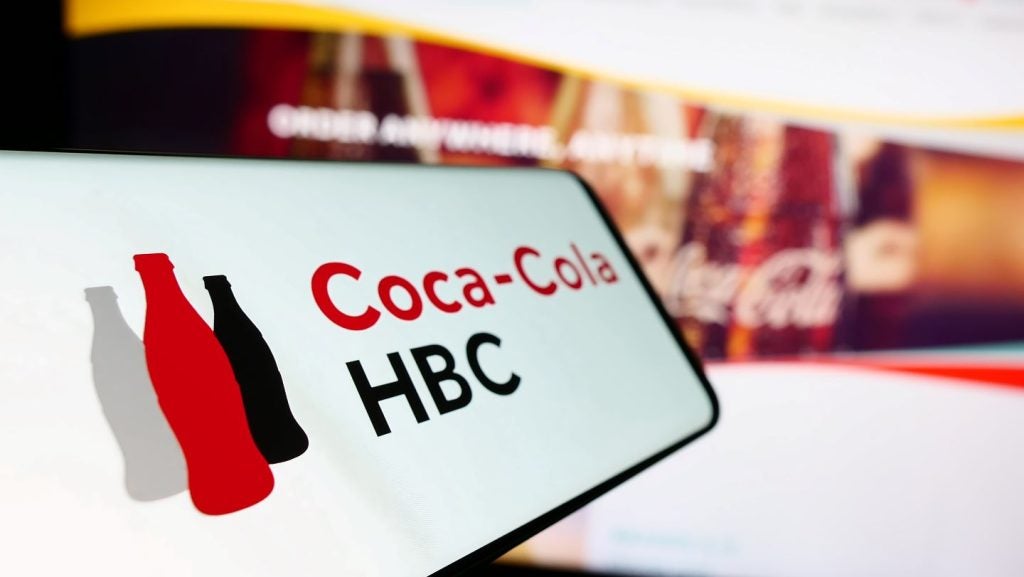Four attorneys general in the US have called for a federal court to reject the Federal Trade Commission’s (FTC) move to block the merger between Kroger and Albertsons.
The attorneys general in Ohio, Alabama, Georgia and Iowa said in an amicus brief filed with a federal court in Oregon that the planned mega merger would increase competition in the grocery retail sector.
When the FTC launched its bid to block the deal in February, it argued the transaction would be to the detriment of the retailers’ staff and customers. The combined retailer would have “more leverage to impose sub-par terms” on employees, the regulator asserted. Consumers would face higher grocery prices and the enlarged retailer would have less “incentive to compete on quality”, the regulator suggested.
However, according to the recent brief, the merger would promote competition by strengthening Kroger’s “ability to compete more effectively in the wide-open market for consumers’ retail grocery dollars.”
The brief, which was filed by Ohio’s attorney general Dave Yost, continued: “The success of Kroger as a grocery retailer should be rewarded, not punished, and the anti-trust laws must not be enforced to chill the very competition they seek to protect. Blocking this transaction would diametrically conflict with the congressionally mandated duty of the Commission to protect and promote consumer welfare.”
The FTC “is oblivious to the plain-as-day economic reality that raising prices, worsening services, and lowering quality – its allegations – would actually weaken Kroger as a retailer and drive consumers into the waiting arms of its many competitors,” the attorneys general added.
The day after the amicus brief was published, in an attempt to win approval, it was reported that Kroger had doubled its commitment to price cuts, pledging to slash grocery prices by $1bn if the deal goes through, according to Bloomberg.
This is a significant increase from the company’s initial offer of $500m in reductions.
The move comes amid concerns from elected officials and union groups that the merger could lead to higher prices for consumers and lower wages for employees.
Last month, a US judge temporarily delayed the $25bn merger when he cancelled a two-week preliminary hearing in the deal that was scheduled to start in Colorado on 12 August and granted an injunction to halt the transaction.
On Friday, US Presidential candidate Kamala Harris pledged to ban what the Democratic nominee called “price gouging” in food.
Harris said: “We all know that prices went up during the pandemic when the supply chains shut down and failed, but our supply chains have now improved and prices are still too high.
“A loaf of bread costs 50% more today than it did before the pandemic. Ground beef is up almost 50%. Many of the big food companies are seeing their highest profits in two decades. And while many grocery chains pass along these savings, others still aren’t.”
Earlier this month, the FTC set out plans to launch a new investigation into why grocery prices remain inflated when food inflation has eased from its peak.
















